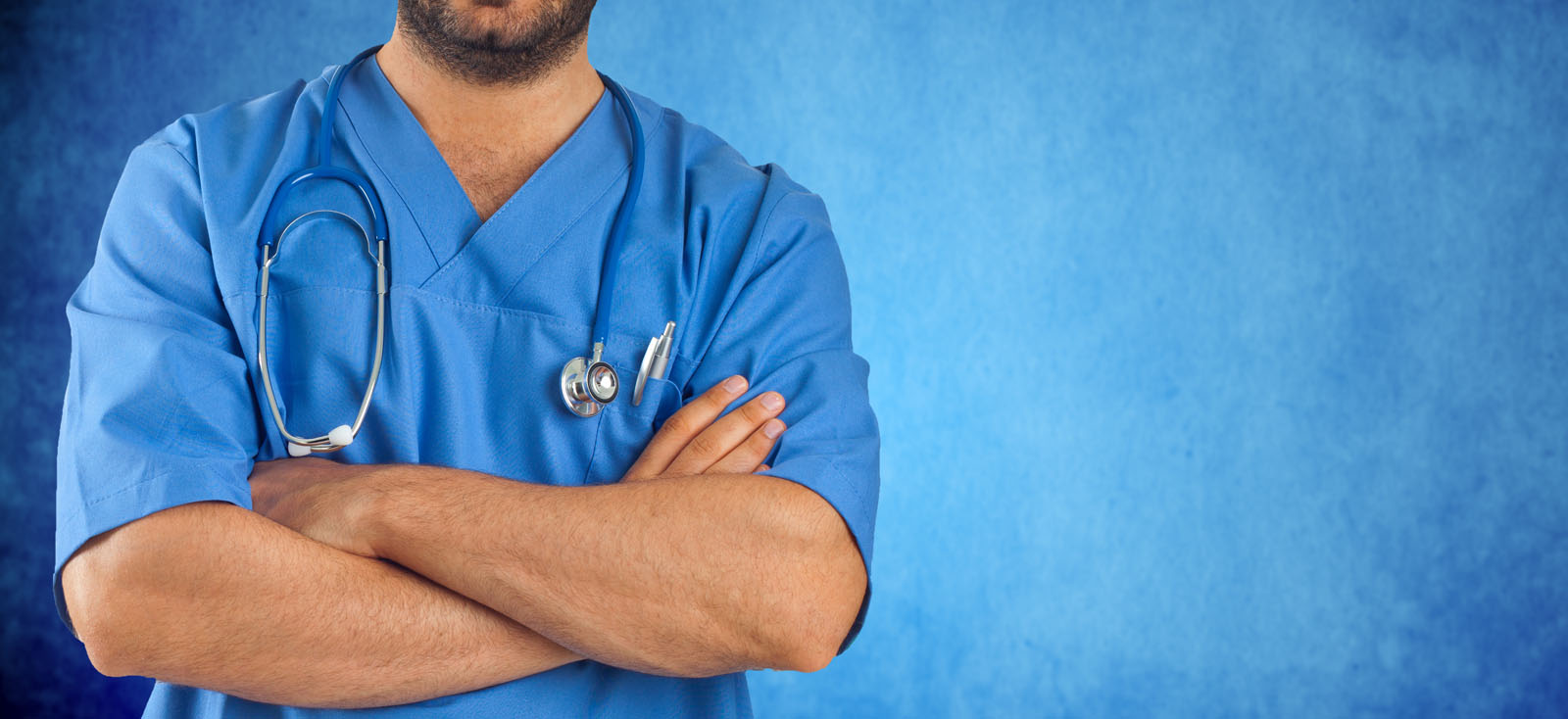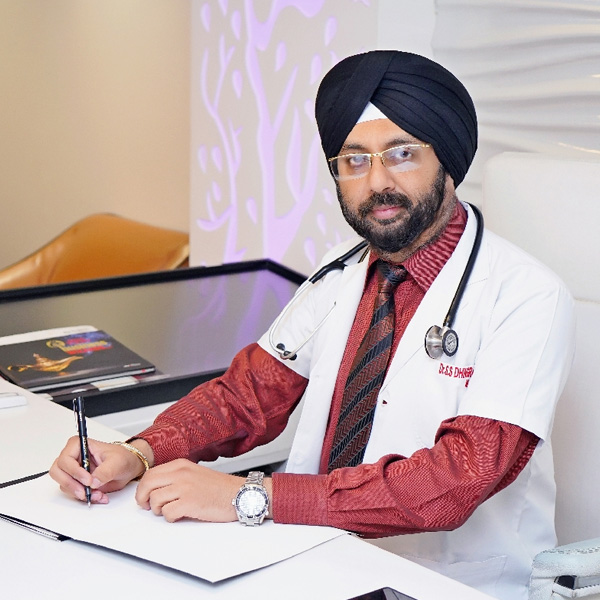

My Advice
Awareness is the only Cure for Diabetes
Diabetes is a silent killer and a life long disease. It is associated with disabling, devastating & life threatening complications. After diagnosis of diabetes, the patient passes through a stage of denial, depression and frustration. At this stage counseling and realization regarding the disease is required esp. its life-long duration, non-curable nature, complications and treatment options.
You have to be mentally prepared to take precautions and treatment for whole of your life and live peacefully with the disease. Be honest to yourself, self-introspect & realize that you need to change your lifestyle and bad eating habits. Take help from your family, friends and doctor. You are not alone there are many others like you who have diabetes and are living a comfortable life. There is nothing to get panicky as with the help of healthy diet, regular exercise and latest medications every diabetic can lead a long, happy and healthy life.

TAKE CHARGE NOW … for a BETTER TOMORROW !
01. Commitment
Stay Committed to your diabetes management. Monitor your blood glucose regularly as it would help you in adjusting your diet, medication and exercise. Always take your medication as advised by your doctor. Make sure you have the right drug before you take any medication. Be an equal and active partner (along with doctor) in your own treatment.
02. Positive Attitude
The most important step is to have a positive attitude and persistence of efforts to succeed in any sphere of life. Don't be afraid of failures. Remember that leading a healthy life is in your own hands.
03. Believe in your self
Nobody is perfect, so avoid negative thoughts like… I can't perform well…I am very lazy… etc. Always believe in your self and Put your Sincere Efforts in achieving your target and do not ever try to show off, as it is for your benefit only. You should not listen to or follow any advice from non-professionals e.g. giving up certain foods, using any medicinal leaves etc. You should make your own decisions which are necessary to fight against diabetes.
Always eat healthy, small & frequent (3 major with 2 small snacks in between) meals. Eat a Low Glycemic Index (Complex Carbohydrates) and High fiber diet i.e. whole grains, vegetables, beans etc. These foods are nutritious and digested more slowly, thus resulting in slow rise of blood glucose (unlike refined food such as sugar, polished rice porridge & bread). Do not to skip any meal and eat according to schedule. Always eat home cooked food. You should eat one fruit (approx. 200-250 gms) a day. Avoid Mango, Cheekoo, Banana and Grapes. Don't go for "fad" (Low Carb & Very Low Calorie) diets, instead go for long term 'healthy-eating plan'. Choose right kind of foods
This is the most important step for a successful weight management program. Make simple & small changes in your eating behaviour, and follow them strictly e.g. remove fried food, cold drinks, cookies etc. from your side table or refrigerator.
Always do regular exercise (at least 5 days/week) as per your need and fitness (cardiovascular) and strictly adhere to it. Adopt an active lifestyle. Exercise helps in controlling blood glucose, blood pressure and lipids. It also helps you to fight against diabetes and its complication. Research shows that both 'Aerobic Exercise' and 'Resistance Training' can help control Diabetes, but the Greatest Benefit comes from a 'Fitness Program" that includes both.
A loss of 5-10% in initial weight over 6 months. It has been proved by a number of studies that this much weight loss is both healthy as well as medically beneficial. You must reduce your calorie (food) intake by 500cals/day and also increase your physical activity. Current scientific opinion is that one should loose weight gradually and steadily i.e. 1-2 kg every month. You should lose weight esp. if you are overweight. Always keep your BMI < 23. Recent studies showed that those who lost a modest amount of weight i.e. 5-10% of initial body weight & exercised regularly reduced the risk of developing diabetes by almost 60% over 3 years. Weight loss also helps in reducing future cardiovascular risk.
It should be done at least once in a year and includes Complete medical examination, Complete blood count, Urine for R/M and Micro-albumin, KFT, LFT, Lipid profile, Chest X-ray, ECG and Eye (Fundus) examination. HbA1c should be performed every 3-6 months. Early Detection and Effective Treatment can prevent life-threatening Complications of Diabetes.
Controlling high blood pressure is as important as controlling Blood Glucose levels.
Controlling Lipids is as important as controlling Blood Glucose levels.
If you have common cold (flu), chest or urine infection etc. Always consult your doctor as your blood glucose may become high and medications for diabetes might have to be increased.
Examine your feet every day for any cuts, blisters or sores. The risk of developing diabetic foot disease is 15-25% in diabetics. Diabetic foot is the leading cause of non-traumatic amputations. Risk factors are neuropathy, foot deformity, poorly controlled diabetes and cigarette smoking. Use comfortable footwear that cover your feet. Never walk barefoot even indoors.
Diabetes prevention is as simple and basic as healthy eating, becoming physically active and losing a few extra pounds - and remember it's never too late to start. Making a few simple changes in your lifestyle now may help you avoid the serious health complications of diabetes down the road. Get your blood glucose checked if you are >45 years of age or any age if you are overweight and have one or more additional risk factors for type 2 diabetes e.g. sedentary lifestyle or a family history of diabetes. Remember that Prevention is the Best Cure.
45-60 ml per sitting, three times/week. Never drink empty stomach, as it can cause severe hypoglycemia.
No matter how long you've smoked, your health will improve after you quit.
Ensure good Personal & Dental Hygiene.
Learn relaxation techniques and coping skills to help you work through stressful period.
Face it! Fight it! And Finish it! Take sufficient rest and sleep, it helps to maintain the hormone level in your body. This can also be done with the help of yoga and meditation.
Becoming unconscious because of hypoglycemia is dangerous and can be fatal. Make preparations for your care ahead of time. Store glucose nearby and always carry sugar candies with you. Your friend /family member should know how to administer glucagon if needed.
With you which should have your complete diagnosis, list and dosages of various medications you are taking, any allergies you have and contact numbers of you doctor and relatives. It can give very important information during an emergency situation to save your life.

